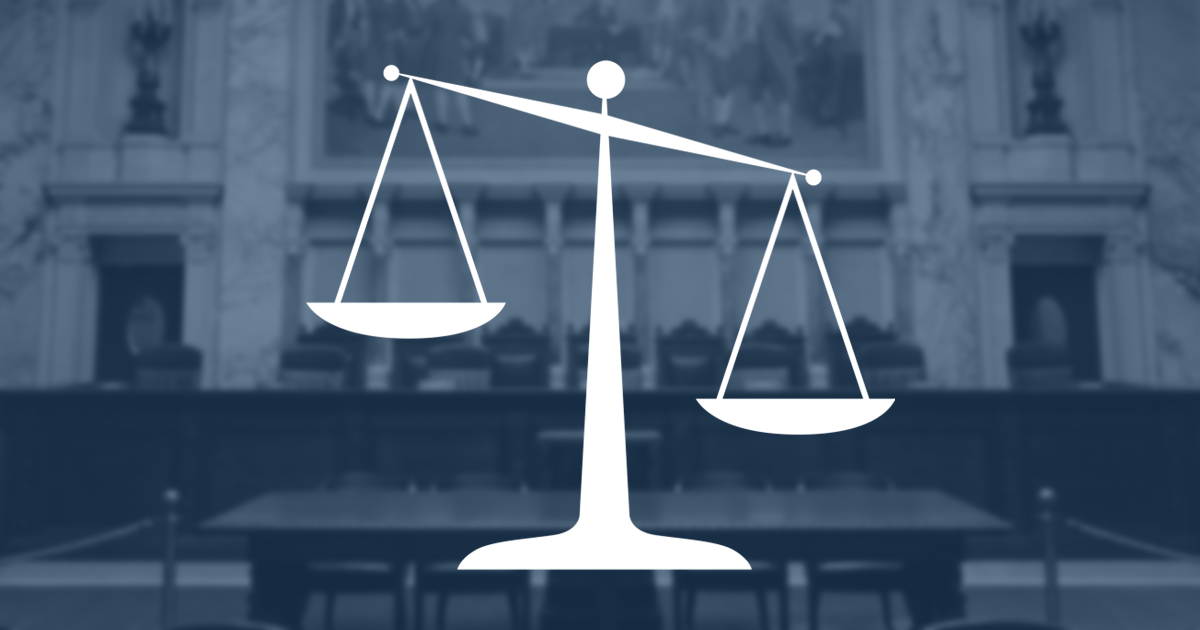State Supreme Court Candidate Michael Screnock a ‘Walking Conflict of Interest’
Won’t Commit to Removing Himself From Cases Involving Former Client Gov. Scott Walker or Special Interest Groups Spending Record Amounts to Benefit His Campaign

MADISON, Wis. — As a former hired gun attorney working for Gov. Scott Walker and advocating for his agenda, and as the beneficiary of at least $800,000 in spending from partisan and special interest groups in the primary election, state Supreme Court candidate Michael Screnock is a walking conflict of interest. One Wisconsin Now Research Director Joanna Beilman-Dulin said Screnock’s refusal to commit to removing himself from cases involving the issues he worked on or parties with whom he is associated is an affront to voters and hurts the integrity of the court.
“Mike Screnock is a walking conflict of interest,” said Beilman-Dulin. “And it’s outrageous he won’t give voters a straight answer on when he thinks he should have to remove himself from cases involving former clients or campaign supporters.”
Partisan and right-wing special interest groups have gone all in to try to elect Screnock. The Wisconsin Manufacturers & Commerce (WMC) dropped nearly $590,000 into a media blitz that, along with dark money outfit the Wisconsin Alliance for Reform, spent over $660,000 on statewide tv and radio advertising in the primary election. Scott Walker’s Republican Party of Wisconsin contributed at least $142,000 directly to the Screnock campaign and the National Rifle Association chipped in with a mailing encouraging their members to support the candidate they said has “vowed” to protect their agenda.
Screnock has told the media “we welcome” the campaign cash from partisan organizations and special interests to benefit his campaign. At a recent speech to his largest campaign benefactor, the special interest WMC, he thanked them “for all the support up to today.”
He’s also indicated he’ll be there for his generous benefactors. Prior to his most recent expression of gratitude, Screnock publicly refused to support reforming state court rules to require judges recuse themselves from cases involving parties that contributed large sums to their campaigns. In response to media inquiries, a campaign spokesperson said Screnock would consider taking himself off a case not by applying any consistent or objective standard, but only if he felt he would not be impartial.
Beilman-Dulin noted that even the appearance of corruption, much less actual impropriety, undermines faith in the court system to treat everyone equally before the law and make impartial decisions.
She concluded, “In politics, anything other than a ‘yes’ is a ‘no’. And Mike Screnock won’t say ‘yes’ he’d take himself off cases involving former clients like Gov. Walker or special interest and partisan groups spending record amounts to try to elect him to the state high court.”
